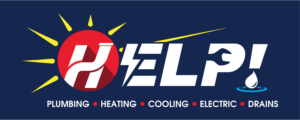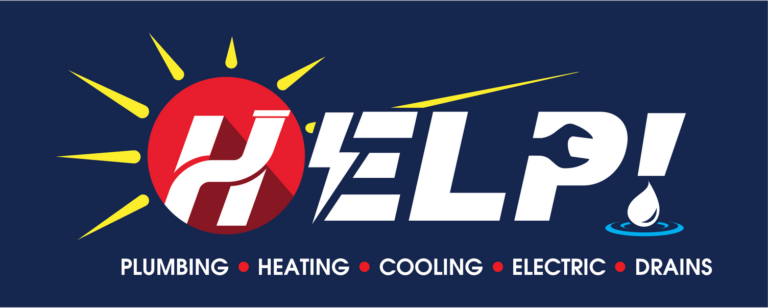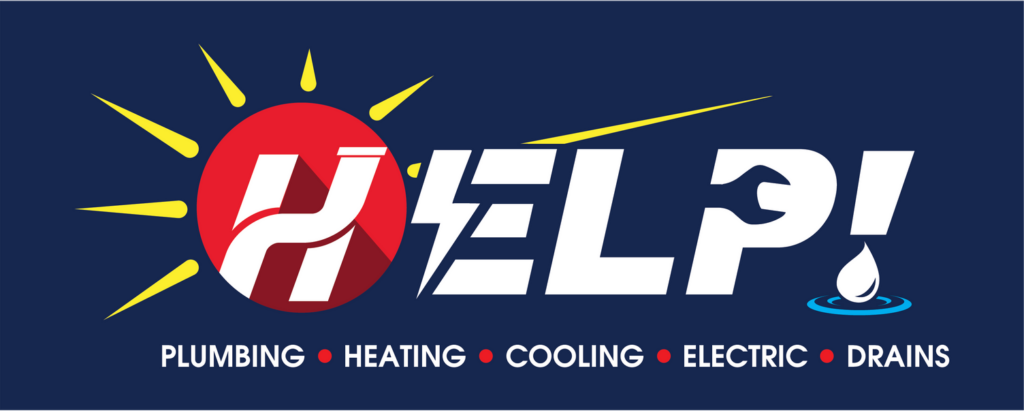Have you headed for a shower only to be met with a trickle of water as pitiful as a few raindrops? If you’ve noticed a sudden drop in water pressure in your home, chances are you have a plumbing problem.
The good news is that you may be able to fix the issue yourself with a little bit of plumbing knowledge and some good, old-fashioned elbow grease.
Let’s take a look at what causes low water pressure in the first place so that you have a better idea of how to solve the problem.
What Causes Low Water Pressure?
Dealing with low water pressure can be a real headache. Here are some of the most common signs that suggest you have a pressure problem:
- A weak stream of water in the shower or sink
- Inadequate flow of water from faucets
- Difficulty filling up a bathtub or washing machine
- Reduced water pressure in one or more areas of the home
- Fluctuating water pressure when using multiple fixtures at the same time
- Unusual sounds coming from pipes or fixtures
How is Water Pressure Measured?
Both low and high water pressure cause problems with your plumbing. Too low, and you’ll struggle to get any water from the pipe to the faucet. Too high, and it could lead to a burst pipe.
Water pressure is measured in Pounds Per Square Inch (PSI) units. The ideal water pressure for a home should be between 40 and 60 PSI.
Use A Gauge To Measure Water Pressure
Need to find out the pressure of your water? A pressure gauge is simple and straightforward to use.
Start by ensuring all the faucets are turned off. Running water will give you a false reading.
Next, connect the gauge to an outside faucet – the better the seal, the more accurate the reading. Put the faucet on full power and check the reading.
Why Do I Have Low Water Pressure?
Low water pressure can be caused by a number of things, from a blocked pipe to more serious plumbing issues.
Check Your Main Water Supply
The first thing to check is the water supply itself. Is there a problem with your municipal supply? You don’t want to spend hours tinkering with your plumbing to discover the fault lay with burst mains.
 Unfortunately, if you live some distance from the main municipal supply, the distance may affect your water pressure. If this is the case, install a water pump booster.
Unfortunately, if you live some distance from the main municipal supply, the distance may affect your water pressure. If this is the case, install a water pump booster.
Clogged Pipes
Grease, food debris, and hair – are all common enemies of plumbing systems. You may think you’re keeping your pipes clean, but when was the last time you cleared out hair from the drains or ensured food debris went in the bin and not in the sink?
 Keep your pipes and drains clean using a homemade mix of baking soda and white vinegar. But if this doesn’t solve your low water pressure, call a professional. You may have a blockage further along a pipe, and a HELP plumber has the tools and knowledge to deal with it quickly and efficiently.
Keep your pipes and drains clean using a homemade mix of baking soda and white vinegar. But if this doesn’t solve your low water pressure, call a professional. You may have a blockage further along a pipe, and a HELP plumber has the tools and knowledge to deal with it quickly and efficiently.
Rust and Corrosion
Low water pressure often means water lying in your pipes as the pressure can’t force it through. And unfortunately, when this happens, rust can occur.
Corrosion is also a common factor in older pipes. Over time, the metal reacts with the water to cause a build-up of rust deposits. So if your water tastes metallic or has a strange brown tinge, it could be due to corrosion.
Now for the bad news.
There’s no quick fix for corrosion. Pipe replacement is the only way to fix the problem.
You Have an Airlock
You might have an airlock if your pipes have recently been drained for repair or if there has been a rapid shift in water pressure. The trapped air acts as a barrier preventing the water from flowing smoothly.
Getting rid of an airlock is no easy task. It requires bleeding your pipes, so call in a professional to ensure it’s carried out safely and correctly.
Your Water Pressure Regulator is Set Wrong
A water pressure regulator (sometimes known as a pressure-reducing valve) prevents water pressure from being too high. Without a regulator, you’re at risk of pipe bursts and damaged appliances.
However, if your regulator is set to the wrong setting, it’ll lead to low pressure. Check the regulator regularly. Ideally, it should be set at 50 PSI.
Friction Loss
If your water has a long distance to travel, the friction of the pipes can cause it to lose velocity. In short, it slows down the closer it gets to your faucets and home appliances, leading to lower pressure.
Struggling with your water pressure? Contact us today for all your Greater Cincinnati home plumbing needs.


